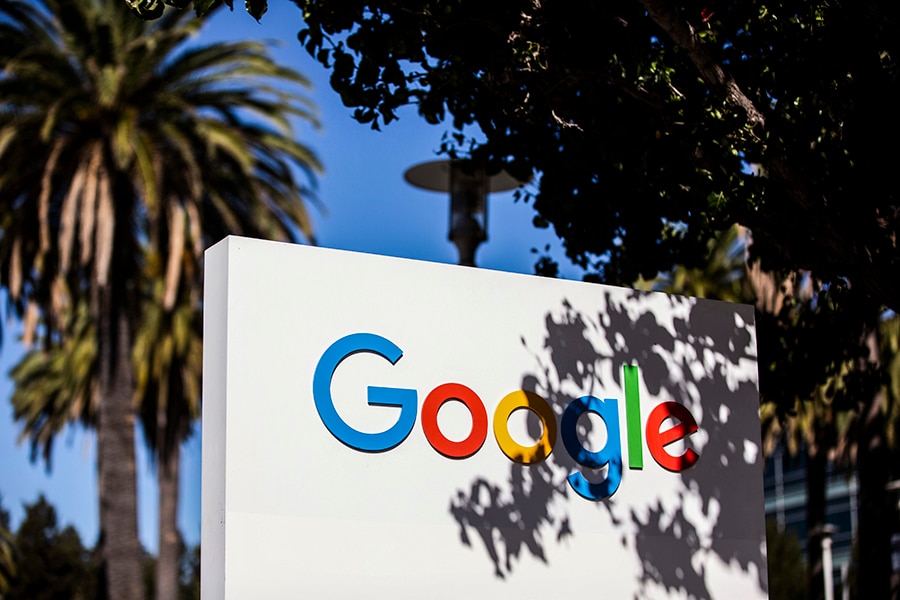
Google seeks to break vicious cycle of online slander
Google, which fields an estimated 90% of global online search, historically resisted having human judgment play a role in its search engine, although it has bowed to mounting pressure in recent years to fight misinformation and abuse appearing at the top of its results
 A sign on the Google campus in Mountain View, Calif., on Oct. 20, 2020. Google is responding to concerns that it amplifies unverified or slanderous claims made about people on certain websites.
A sign on the Google campus in Mountain View, Calif., on Oct. 20, 2020. Google is responding to concerns that it amplifies unverified or slanderous claims made about people on certain websites.
Image: Laura Morton/The New York Times
For many years, the vicious cycle has spun: Websites solicit lurid, unverified complaints about supposed cheaters, sexual predators, deadbeats and scammers. People slander their enemies. The anonymous posts appear high in Google results for the names of victims. Then the websites charge the victims thousands of dollars to take the posts down.
This circle of slander has been lucrative for the websites and associated middlemen — and devastating for victims. Now Google is trying to break the loop.
The company plans to change its search algorithm to prevent websites, which operate under domains like BadGirlReport.date and PredatorsAlert.us, from appearing in the list of results when someone searches for a person’s name.
Google also recently created a new concept it calls “known victims.” When people report to the company that they have been attacked on sites that charge to remove posts, Google will automatically suppress similar content when their names are searched for. “Known victims” also includes people whose nude photos have been published online without their consent, allowing them to request suppression of explicit results for their names.
The changes — some already made by Google and others planned for the coming months — are a response to recent New York Times articles documenting how the slander industry preys on victims with Google’s unwitting help.
©2019 New York Times News Service




